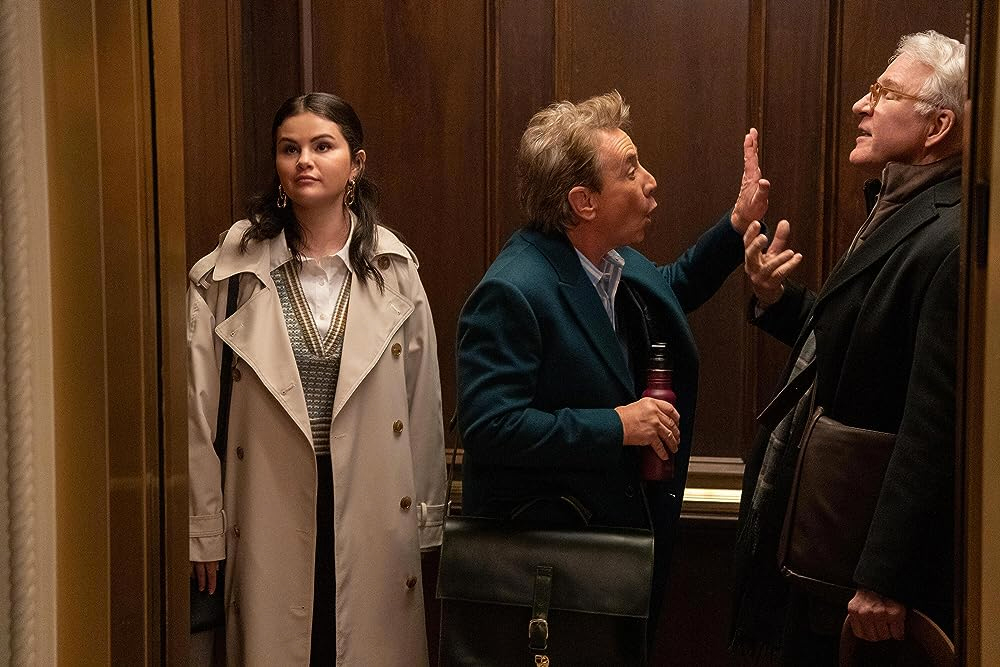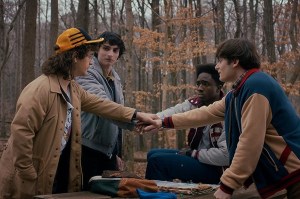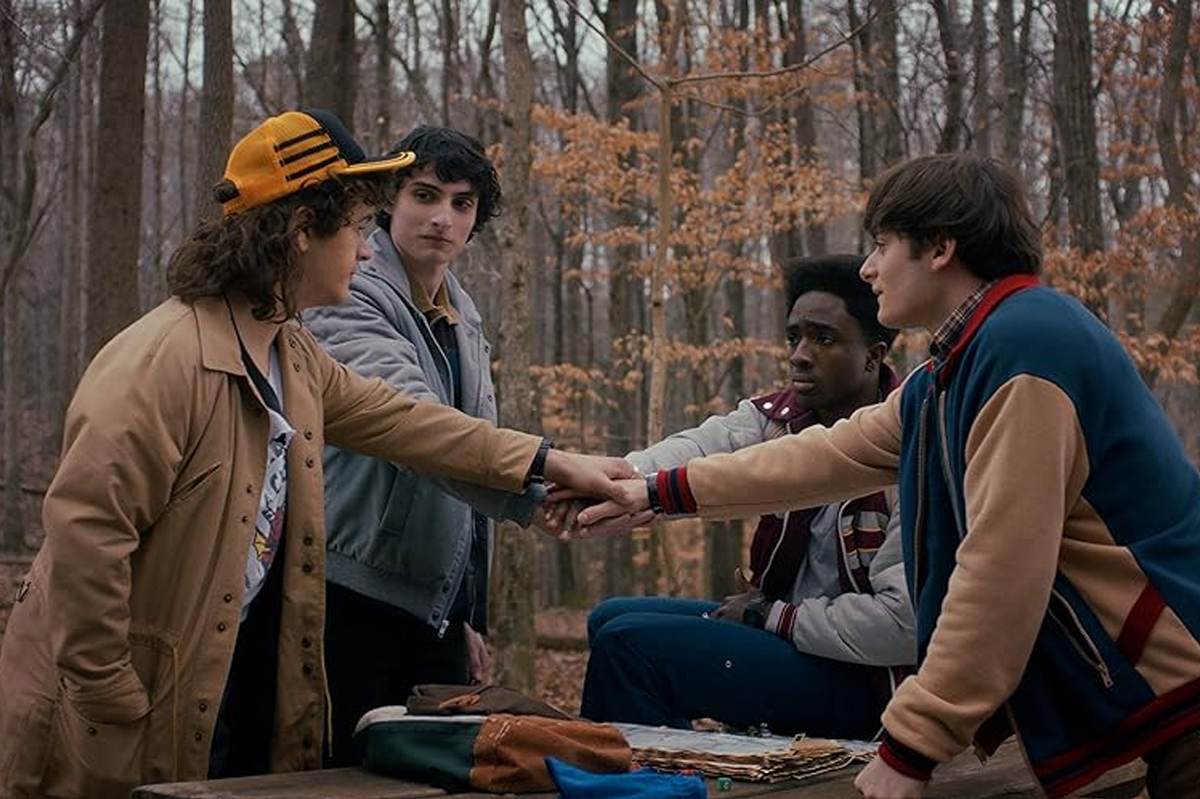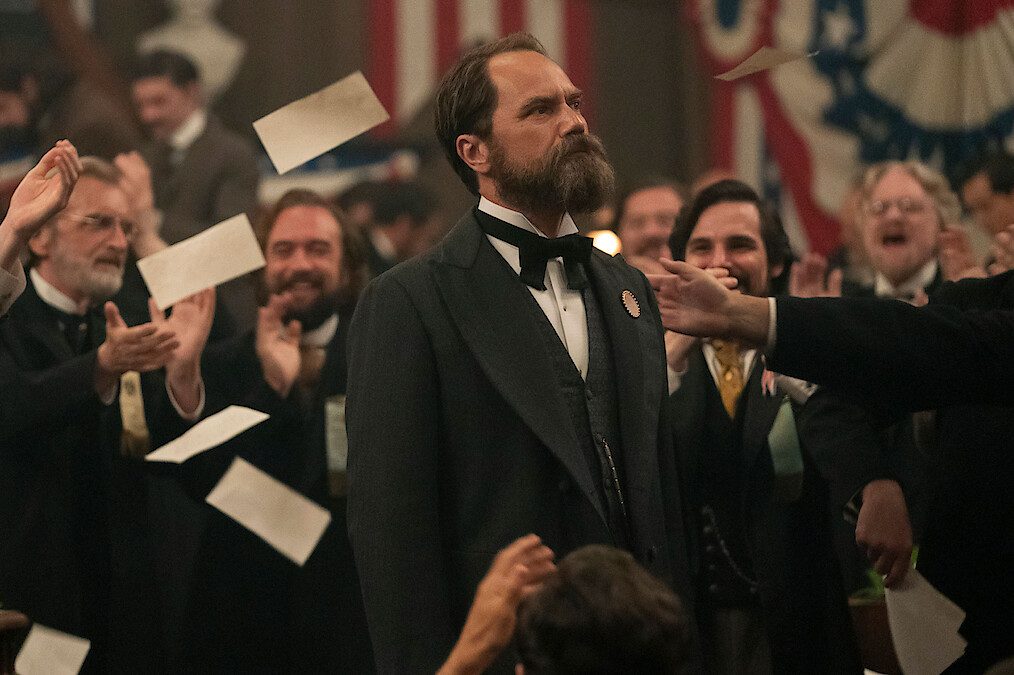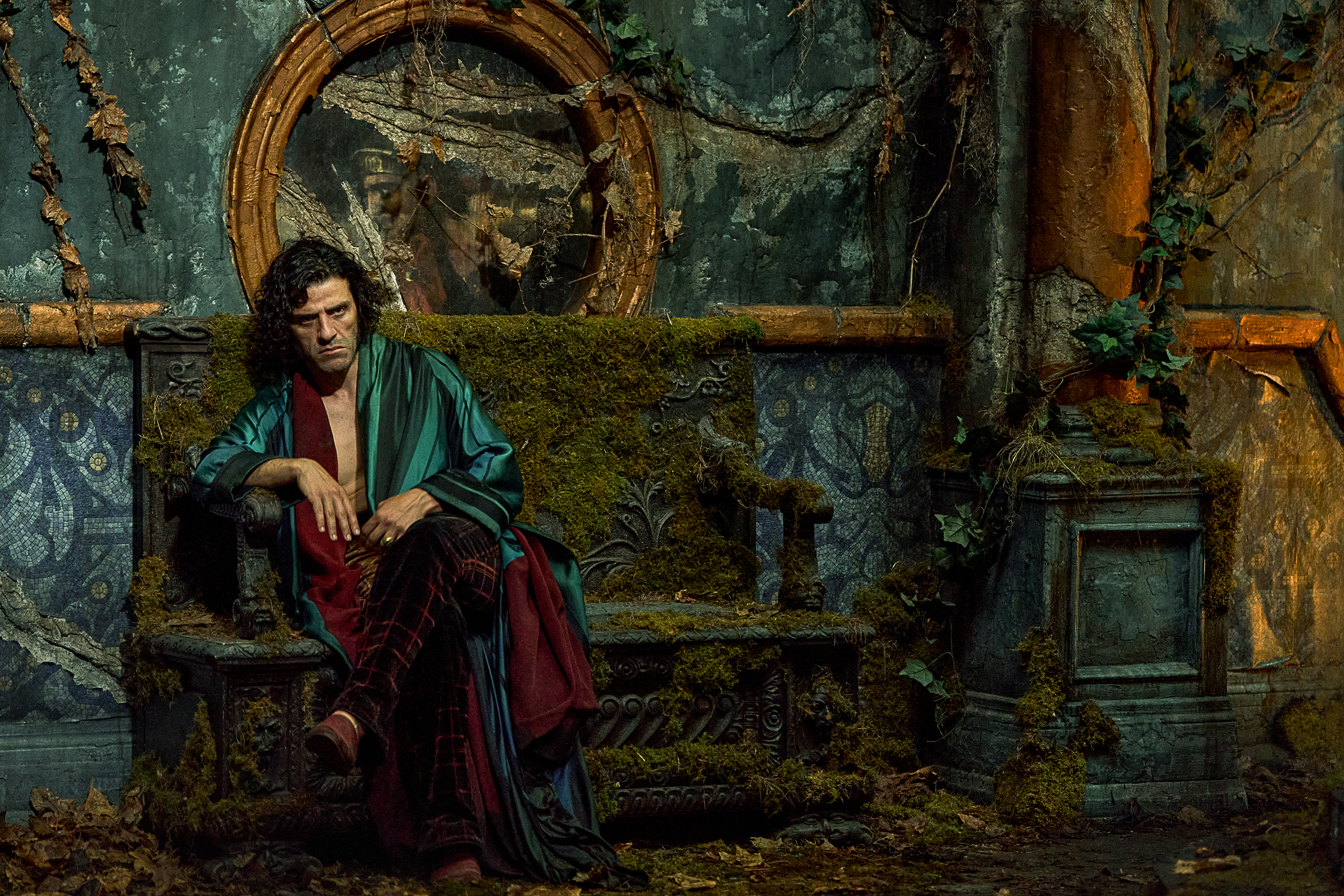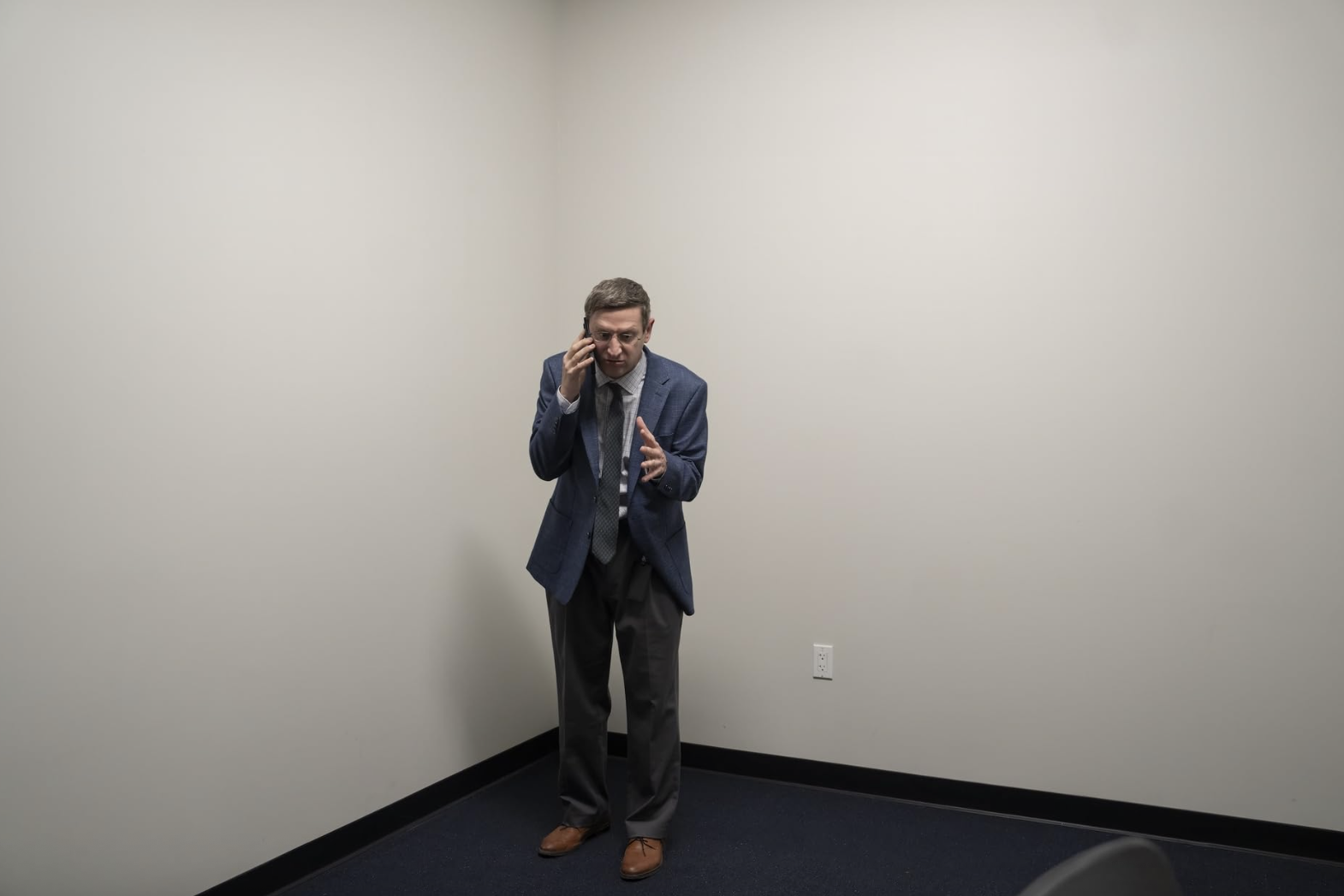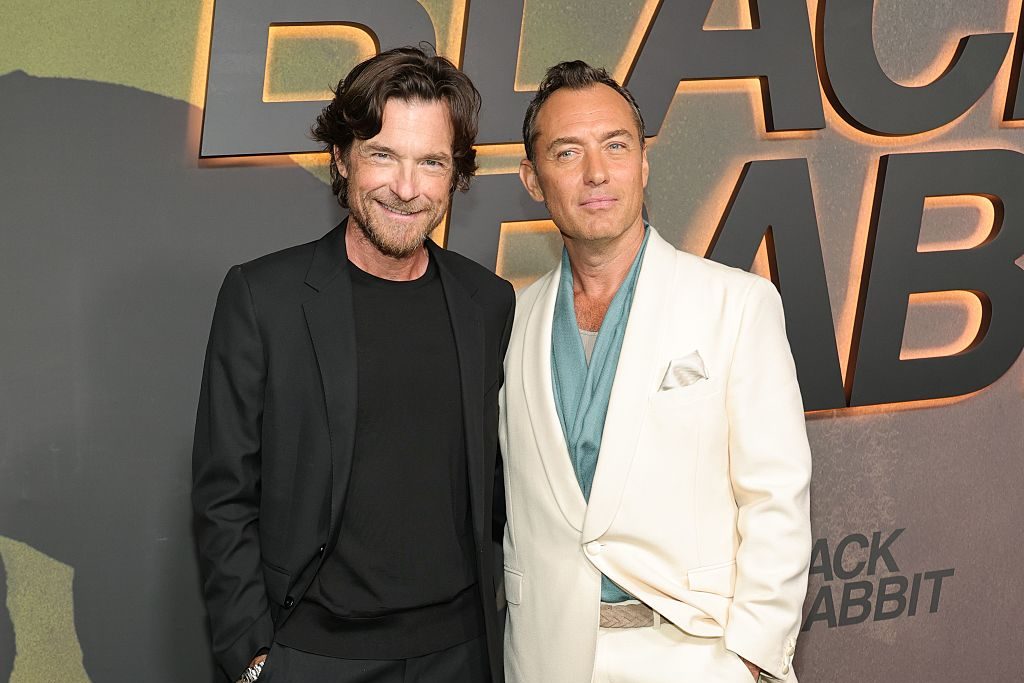The third series of the hit comedy-mystery series Only Murders in the Building has arrived on Hulu, to the same critical acclaim as the previous two installments, and the adventures of Steve Martin, Martin Short and Selena Gomez show few signs of coming to an end. This time the trio are joined by none other than acting royalty Meryl Streep, playing Loretta, a plucky but frustrated actress who has never advanced to the big time, and Paul Rudd, the supposedly nicest man in Hollywood, deliberately cast against type as the obnoxious and entitled star of the show that Short is directing on Broadway, which he is hoping will restore his fortunes: a desire cruelly frustrated by Rudd’s character dropping dead on opening night.
Much of the appeal of Only Murders in the Building lies in its playing fair with both the comedy and mystery aspects of the show. As you would expect from a cast packed with dynamic and experienced comedians (who include, or have included, the likes of Nathan Lane and Tina Fey), it’s often hilarious, but it also has central storylines that genuinely surprise and beguile, rather than feel grafted on to superficial effect. Much the same might be said for Kaley Cuoco’s recent Peacock vehicle, Based on a True Story, which revolved around a pregnant real estate agent and true-crime podcast fanatic who finds herself caught up in a genuine murder mystery when she comes into the orbit of Tom Bateman’s charming, charismatic and psychopathic plumber, who may well be none other than “the Westside Ripper.”
Based on a True Story is heavier on the violence and menace than Only Murders in the Building, with Bateman’s performance taking a cue or two from Penn Badgley’s likable serial killer Joe Goldberg in the perennially popular Netflix show You — another comedy-drama that presented the appalling as a source of laughs as much as horror. And not to be outdone, Apple TV+ has its own entry in this thriving sub-genre with The Afterparty, now on its second series and revolving around each character’s differing perspective on a murder that has taken place among their social circle. As with many of the other shows, the consequences of the violence are played down in favor of laughs and the skillful exploitation of serio-comic situations, to compulsively watchable effect.
The link between hilarity and horror when it comes to sudden death, and our reactions to it, is hardly something that has only recently been exploited by filmmakers. After all, you can go back to Shakespeare and Jacobean tragedy, or even to Aeschylus or Sophocles, to find a similar tension between that which shocks and that which amuses. And Martin McDonagh and his partner Phoebe Waller-Bridge, to name but two of the most successful exemplars of the form, have specialized in mining laughs from taboo black comic subjects, to award-winning effect.
Yet there is something about this new wave of series that feels removed from McDonagh’s bracingly take-no-prisoners approach. By and large, the characters in these shows are supposed to be likable and sympathetic, rather than dupes who deserve their fates. They are deliberately given everyman characteristics, whether it’s a struggle to rebuild a failing career, the difficulties of continuing to maintain relationships with friends and family or simply the tension between enjoying true crime podcasts and believing oneself to be a participant in them. We find ourselves laughing with the protagonists, rather than at them; we fervently hope that they do not end up at the sharp point of an assailant’s blade.
There are many vogues in streaming television right now, at least some of which might be halted by the combined writers’ and actors’ strikes; certainly, if I never saw another Star Wars or Marvel series, my life would not be an unhappier one. But these fundamentally good-natured shows, in which even the murderous antagonists are given more amicable qualities than they would probably merit, are the perfect comfort viewing in these rather more treacherous times. Sudden violent death as cheery escapism? Strange, perhaps; but odder things have happened.



